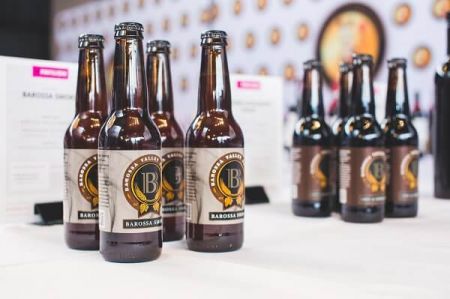Sommeliers Choice Awards 2024 Winners
Overcoming the Top 10 Objections from Beverage Retailers
Convincing retailers to carry your product means fielding countless questions and overcoming reservations about your brand. Here are the top 10 objections that you should be ready to answer.
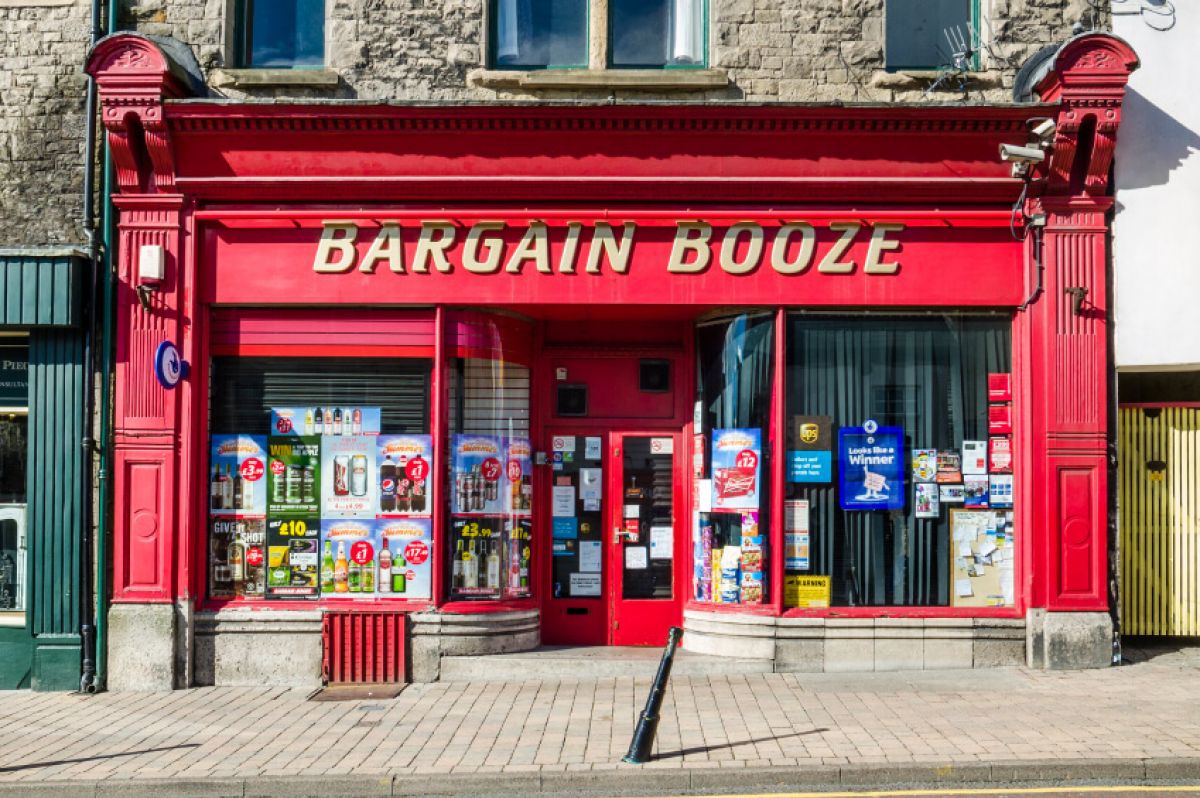
Choosing your words carefully and understanding how to manipulate a room full of people can go a long way, but sometimes strong personal just aren’t enough. Convincing retailers to carry your product means fielding countless questions and overcoming reservations about your brand.
Being able to manage objections in a sales meeting is a skill that is absolutely necessary in the beverage industry.
Some major objections that you are bound to come up against will be regarding your bottle price, the retailer’s resistance to change, their trust in you as a supplier and your product’s success, any promises they’ve made with other brands and their need to consult with the rest of the team before taking on your product.
Let’s take a look at how you can plan ahead and be prepared to handle any situation:
Price
What your retailer might say: “Similar competing brands are selling for less.” Or “Your bottle price is too high. I don’t think we can make money on your brand.”
You are guaranteed to come up against retailers who need help justifying the price on your product and you should be ready to negotiate, no matter what. A lot of retailers will say that price is a factor even when they are ready to sign you on, just to see if you’ll drop your price.
Plan your strategy before you go into your meeting. Visit your retailer’s top stores, look at your competition’s shelf prices and price your brands accordingly. You want to go in with a strong offer that you know is competitive, but also gives you room to negotiate. If they want you to drop your prices then try and negotiate more stores, premium shelf space, better credit terms or promotional opportunities. Know your bottom line. If you can’t afford to supply your beverages for their offer price then walk away.
Resistance to Change
What your retailer might say: “We don’t sell much of your category, so we’ll have to pass.”
Whether you are representing a new craft beer or a big name liquor company, sometimes retailers just don’t specialize in your type of beverage. If you’ve done your background research you shouldn’t be in this position and the retailer might just be using this as an excuse because he wasn’t sold on your pitch.
Start by sharing research you’ve done on the growth of your category. Talk about how the trend is developing, give them a look at how the industry has performed in the last five years and project numbers that show a healthy future for your project. As you build your case, mention your competition and point out reasons why your brand is better positioned to succeed.
What your retailer might say: “That rack is reserved for xyz distributor and I am locked into their program for next 12 months.”
When you are trying to negotiate good shelf space, sometimes you’ll come up against road blocks that seem like they might be impossible to overcome. A retailer’s prime real estate is usually reserved for their key suppliers and it’s hard to convince them that your product is worth the risk. See if they are open to giving you alternative shelf space where you think can succeed in showcasing your brand and ask them if they are open to giving you the chance to prove yourself. Don’t over reach, but if you are confident and have the resources to offer good support programs then tell them that you think you can outsell the distributor’s products and earn your spot on their top shelf.
Keeping up communication lines, asking for up to date depletion reports and providing solid support programs will prove to your retailer that you are dedicated to making your beverage worth their top retail spot.
What the retailer might say: “I can only replace your brand with XYZ brand, and I still have stock left to sell.”
If this is their only objection, then you are in a good place to negotiate. Ask the retailer about how long they’ve been carrying the other brand, what kind of support programs they are offering and when the retailer thinks that the stock will be fully depleted. If they are willing to give you the information than you can start giving them solutions to their problems.
Once they start talking about the competition’s lack of dedication, give them your top support programs (because if the retailer is willing to drop the brand and still has stock that they can’t get rid of, then you can guarantee that the brand isn’t providing enough support to make the retailer happy.)
Reaffirm your commitment to making your brand a category leader and be ready to field any questions they have on your POS and merchandising support programs.
Ask for a follow up meeting that matches their estimated timeline and promise to come back with an offer they will like. Follow up with a phone call after your first meeting thanking them for their time and visit them at their shop around the date of your follow up to confirm your meeting.
Trust Issues
What the Retailer might say: “I don’t believe your product will succeed in our market.”
Even if you are convinced that the retailer’s market is perfect for your product, making them see your reasoning might be more difficult then you first believed. When a retailer tells you that your product isn’t right for them ask them for their reasons and note down their feedback.
Go over all of your market research and try and show them otherwise. Sometimes all it takes is a simple reaffirmation of your market position and targeted marketing. If you can’t convince them that your product will succeed then request a follow up meeting and promise to come back with something really special. Go home, research every aspect of their objections and prepare a killer presentation that won’t be rejected the second time.
What the Retailer might say: “How do I know you will be able to consistently stock my orders?”
Trust is an important part of any business negotiation and sales pitches are no different. If you are trying to enter a foreign market or are a small company just starting out, stock issues come up frequently. Go over your shipping methods, wholesale partners and distribution logistics. The trick here is to guarantee that along with quality support programs to ensure depletion, you can also fulfill any orders that they will need. Whether it’s the holiday season or the doldrums of winter after New Year’s, you want to confirm your dedication to them as a partner.
What the Retailer might say: “I don’t think your support programs are strong enough to warrant your quoted depletion numbers.”
One of the most important aspects that retailers look at when they are considering a new brand is the support that comes along with it. It’s best to try and avoid this question all together by providing a great support and POS section to your sales pitch, but if your retailer isn’t convinced then ask them to clarify what it is they are worried about. Choose some of your strongest programs and go over them with your retailer again, this time with more enthusiasm about your past successes and future plans.
If they are still not convinced, ask them for a follow up a meeting. Go back to your team, look over your notes and develop custom support programs that will work well with the retailer’s identity. In your follow up meeting, emphasize your dedication to making your brand one of their top sellers.
Third Party Promises
What the retailer might say: I’ve promised a new position to a similar brand and I don’t think we can take on another.”
At the face of it, this might be a hard one to overcome. The retailer has recently developed a relationship with your competition and it looks like you haven’t convinced him that you and your product are going to be a better option moving forward.
Now’s the time to bring out the big guns, but don’t get too excited and start shooting wildly. Start negotiating with them. First, ask them why they don’t think having competing products will work for them and see if they can’t be swayed into believing that two is better than one. Rely on research that shows a healthy space for your category in their market, point out that your category is trending and convince them that their customers are going to be excited to see some extra variety.
If they aren’t biting, then ask about the competition’s price and available support programs. If you can find some wiggle room in their price compared to yours, then leverage it and try and convince them on a better margin with support programs in place to guarantee stronger sales.
Secondary Input
What the retailer might say: “I need to talk with the team.” Or “We’re not sure right now, Send me more info and we can talk again.”
When you hear your retailer talk about finalizing the deal later or talking it over with the team, you should be happy to know that the presentation went smoothly. You might not have been successful in closing the deal, but you have gotten yourself into a strong position and should be confident in asking for a follow up. Before you request the follow up, feel the retailer out just to make sure they aren’t just trying to get you out of the room.
Ask them for their feedback and take it down on paper. If you haven’t already, try and negotiate with your price to get them to sign on before you leave. Don’t push too hard because you want to nurture the relationship, not kill it. If you can’t find a way to convince them, then thank them for their time, give them your business card and leave your sales literature behind for them to go over. Follow up with a thank you phone call and start getting ready for next meeting.
Tips to Using your Retail Objections and Creating a Stronger Sales Pitch:
Even after a successful sales pitch, ask your new retailers what reservations they had before they decided that you were the right fit. As you collect feedback you’ll be able to assess the strengths and weaknesses of your sales pitch. Start incorporating information from their objections into your presentation so that the next retailers you pitch won’t see the weaknesses what the previous ones were hesitant about.
The key to any sales meeting is to the ability to feel out the people on the other side of the desk. Constantly ask them for their opinions and get them involved in the presentation. Above all of the selling techniques and sales talk, you want to be developing a friendship with your potential partners.
Talk with your audience with the respect they deserve, but act with the camaraderie of a fellow industry professional looking to develop a new contact. Retailers are business men, so make sure their objections are strictly about the business side and not about your personal people skills.
The more practice you get fielding similar objections, the easier it will be for you to be prepared for your next sales pitch. Practice with small retailers before you start pitching the larger ones. As you perfect your speech you will find that the objection become less frequent.
Not a BTN Member yet?
Get BTN Premium membership and have full access to articles and webinars on BTN + other benefits like:
Full Access to BTN Consultants
Full Access to Buying Leads
Post Unlimited Brands
Full Access to all Articles and Webinars
Full Access to BTN Live conferences presentations and speaker sessions
Discounted rates to exhibit at major partner events and conferences
And Much More...
Your BTN membership will reduce your trial and error time: Why experiment with your branding and distribution when you can fast-track your time to success? Get 'How to do it' content which will help you improve your sales and grow your distribution. Just one article can help you make better decisions and improve your distribution strategy. Try it


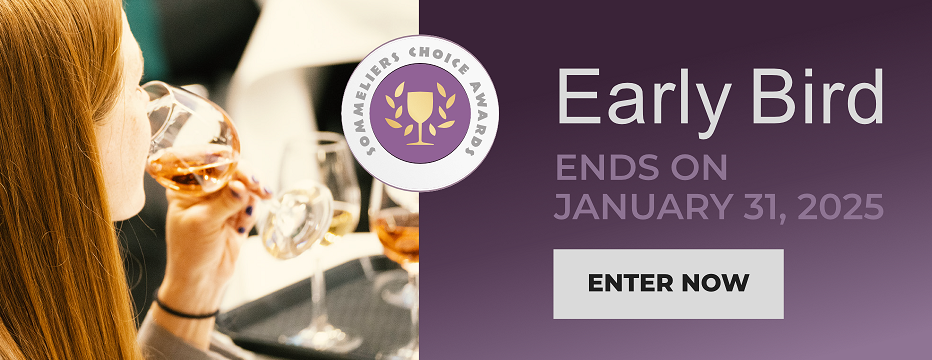
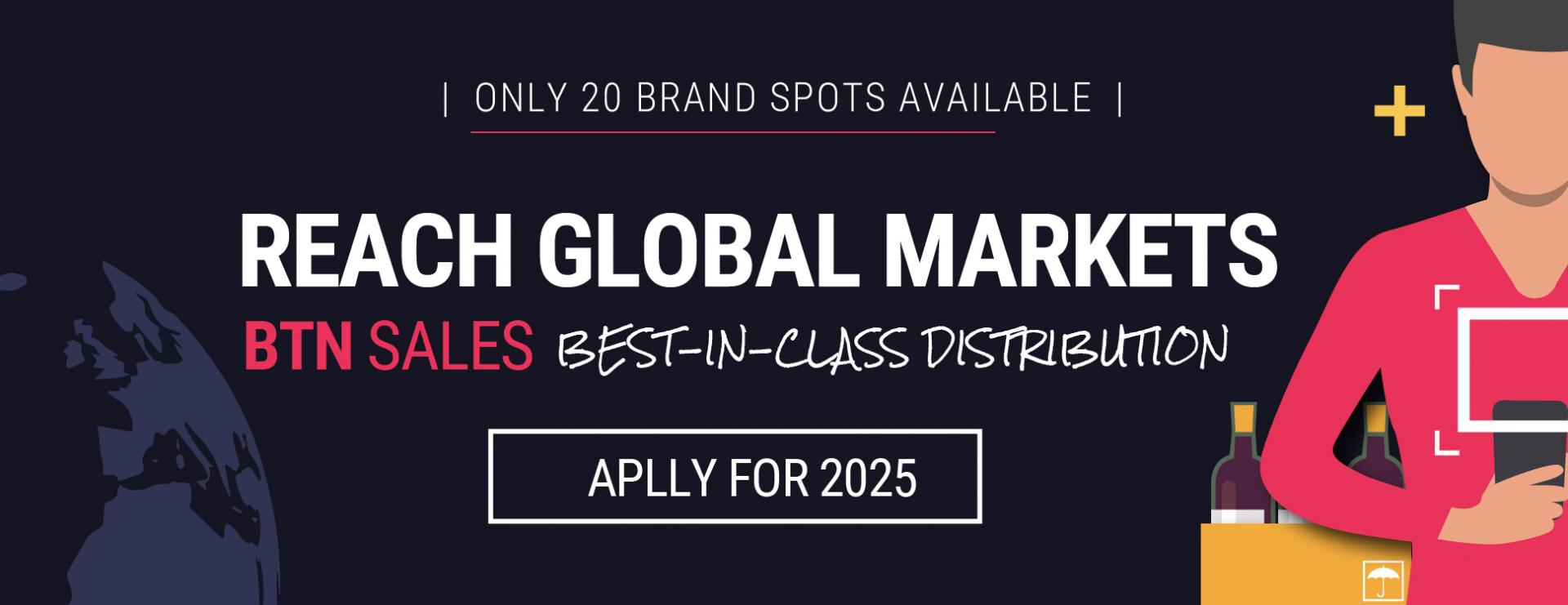

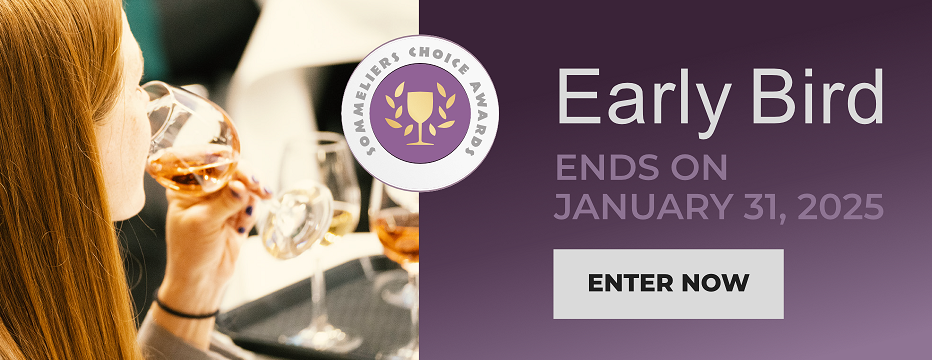
.jpg)







